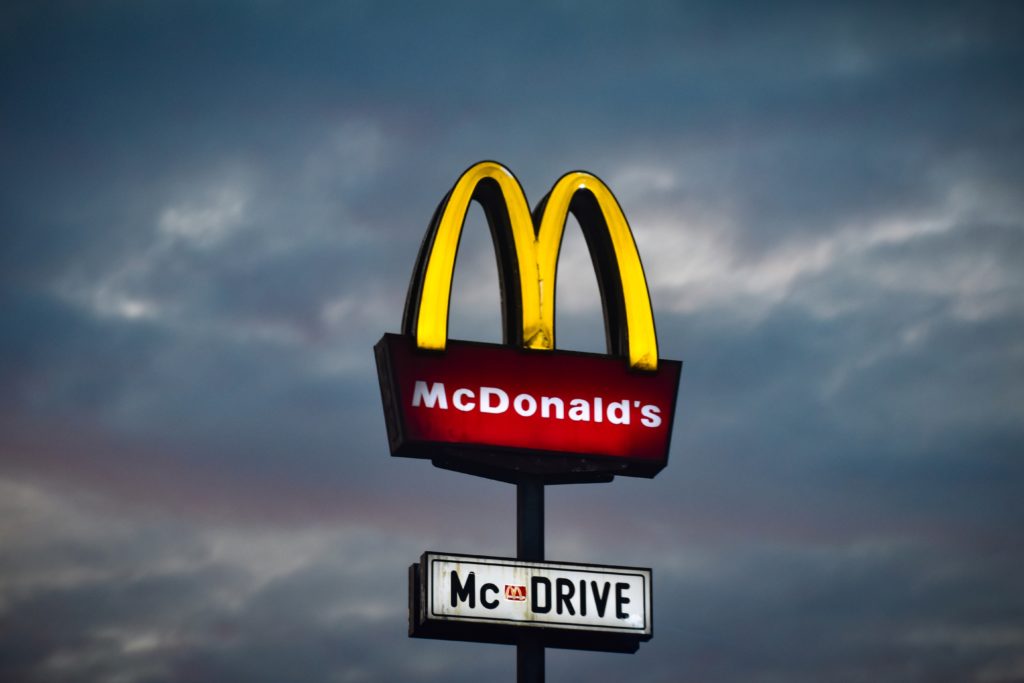The Maine Legislature is considering a bill, LD 140, that would allow businesses that sell prepared food and beverages to keep one penny of the eight–cent sales tax on prepared foods.
The bill would create a permanent loophole in Maine’s tax code to benefit a narrow segment of Maine’s businesses. Lawmakers should reject this unnecessary, costly legislation.
LD 140’s cost to the state would be large: This bill would reduce sales tax revenue from this sector by 12.5 percent, or roughly $34 million a year.i The largest prepared food sellers would benefit far more than smaller businesses.
Sales tax revenue helps fund the investments that build strong communities. The Legislature should reject this unnecessary loophole in the tax code.
It is unclear the problem this bill is attempting to solve. Maine’s tax code already does more for large, profitable businesses than it does for small firms. This bill would further tip the scales out of balance: LD 140 is not designed to help struggling businesses. The benefits of the bill are greatest for businesses with large volumes of sales.
For example, a fast-food restaurant off the highway with a baseline of $4,000 in daily sales would benefit much more than an independent coffee shop that’s lucky to make $600 in sales a day.
The cost of collecting and sending the sales tax to the state revenue services is likely to be much higher for the coffee shop owner. In a study, Washington’s Department of Revenue found that businesses with higher sales volume have the lowest cost of administering sales taxes.
For high–volume businesses, the cost of sales tax administration has little to do with the cost of filing their sales taxes. Instead, fees associated with debit and credit card transactions dominate the cost of sales tax administration for these larger firms.ii
The opposite is true of businesses with lower sales volumes. The largest cost associated with sales tax administration for these firms is the actual filing of tax returns, on which they spend an amount equal to 3.27 percent of total sales taxes collected. That’s far less than the 12.5 percent across the board sales tax subsidy that this bill would provide.
Maine needs to protect its ability to invest in the things that create opportunity and prosperity for all Mainers, like schools, local services, infrastructure, and health care. LD 140 is a solution in search of a problem and would needlessly jeopardize revenue critical to Maine’s future. Lawmakers should reject it.
[1] Maine Revenue Forecasting Committee. August 2020 Revenue Forecast. Pg 72. https://legislature.maine.gov/doc/4468; In 2019, Maine raised $269.4 million in prepared food tax, one eighth of that amount is $34 million.
[2] For example, if a credit card charges a business a 1% fee on transactions, if a customer’s bill includes $8 in sales tax, 8 cents of the processing fees are due to the sales tax cost.




